Market Trends
Key Emerging Trends in the Food Storage Container Market
The world's population is growing fast, and more people are living in cities with busy lifestyles. This has led to a greater need for packaged and ready-to-eat foods. As people in developing countries have more money to spend, especially on non-essential items, there's been an increase in the demand for these convenient food products. Online shopping is also on the rise, contributing to the growth of the food and beverage industry.
Several factors are driving this trend. The working population is increasing, and people are more interested in dairy products and making healthier food choices. In Europe, the food and drink industry is massive, generating a turnover of USD 1.24 trillion in 2018, making it the largest manufacturing industry in the European Union. Meanwhile, in developing countries like India, the fast-moving consumer goods industry, including food, saw a revenue of USD 49 billion in 2016. This growth is attributed to policies encouraging foreign investment, strong economic indicators, and reforms that boosted food production and processing industries.
A significant part of the fast-moving consumer goods sector deals with food and beverages, including processed foods like breakfast cereals, packaged beverages, coffee, tea, sugar, and beans. The increasing demand for food storage containers to keep food safe from damage, contamination, and spills is driving the adoption of these containers in the food and beverage industry. This, in turn, is expected to boost the global food storage container market.
While the food and beverage industry is booming in developed and developing regions, underdeveloped areas are experiencing slower growth, leading to less demand for food storage containers. However, as awareness about processed food increases and the middle-class population grows in these regions, the demand for food storage containers is likely to rise. Overall, the impact of the food and beverage industry's growth on the global food storage container market is expected to go from moderate to high in the coming years.


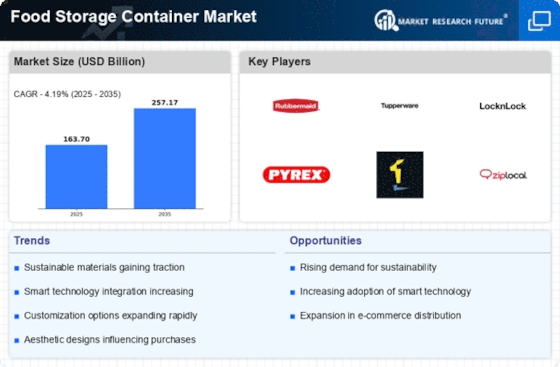
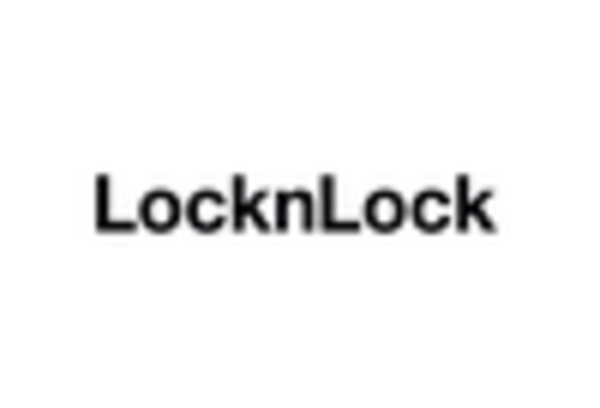
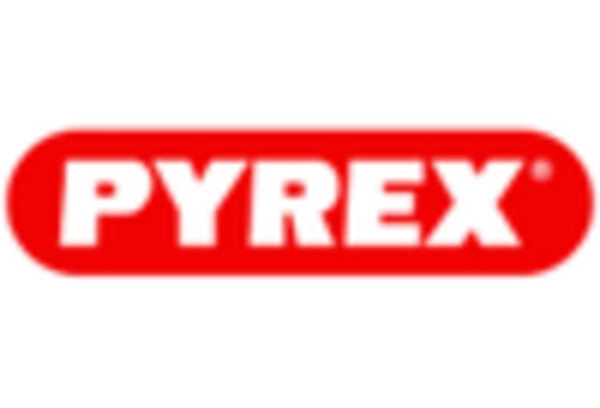
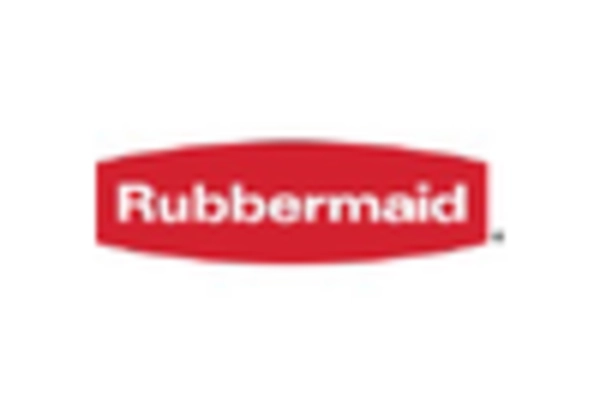

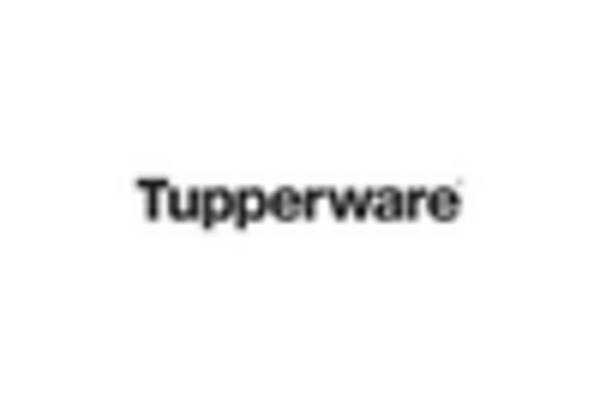
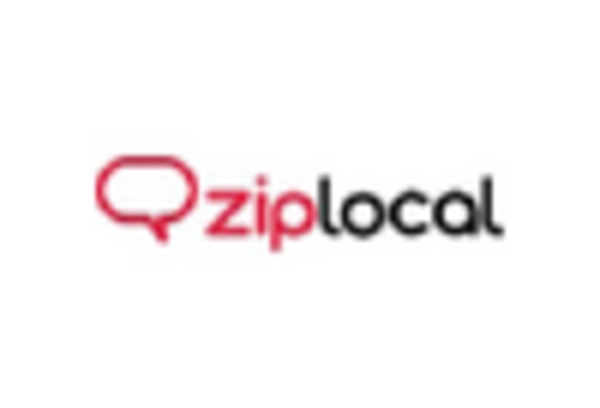









Leave a Comment